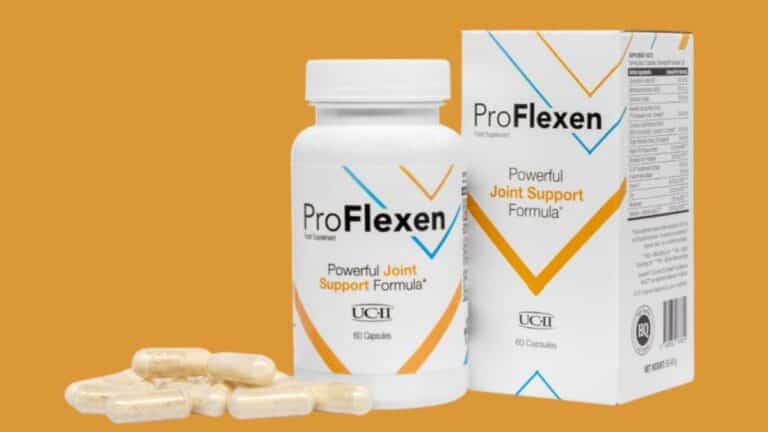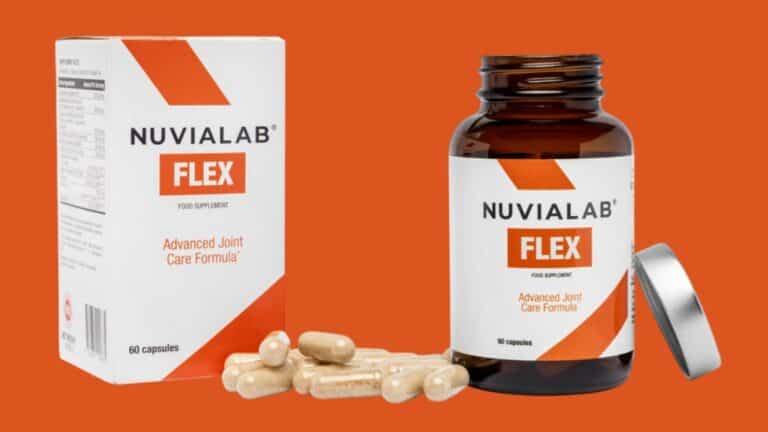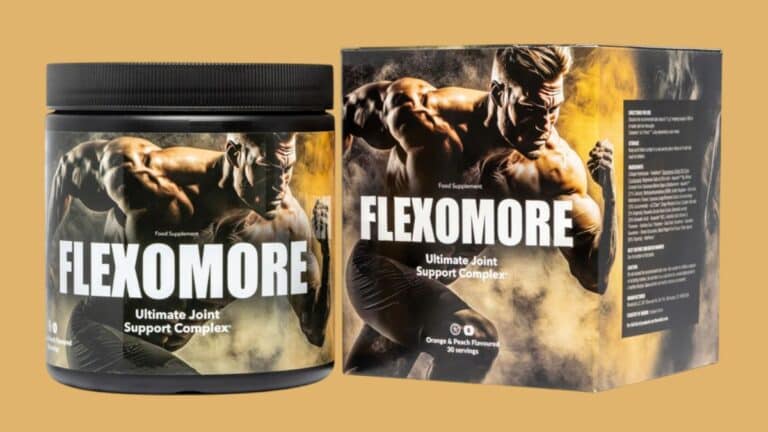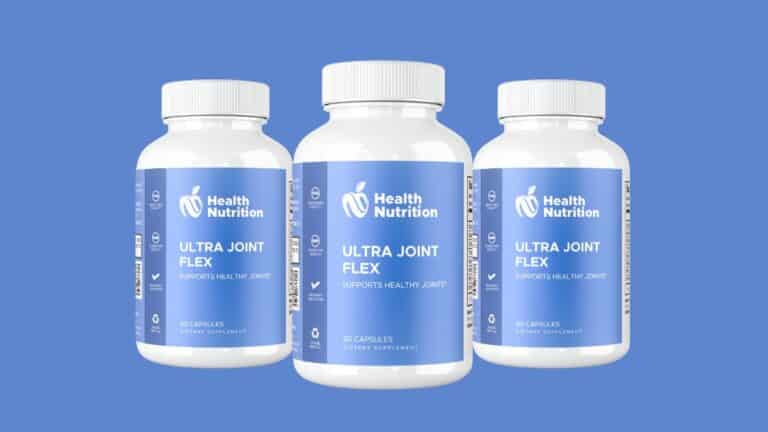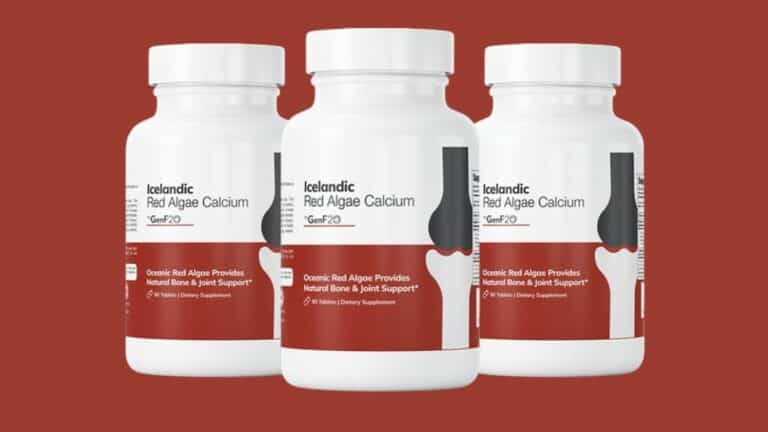Fat burners have gained popularity in the health and fitness world, often marketed as supplements that can help you lose weight faster. But what exactly are fat burners, and how do they work? Understanding these supplements is essential before deciding whether they’re the right choice for you.
In this blog post, we’ll break down what fat burners are, the types available, how they work, and whether they’re effective.
What Are Fat Burners?
Fat burners are dietary supplements designed to help you lose weight by speeding up your metabolism, reducing fat absorption, or increasing fat oxidation (the process of burning fat). These supplements are usually a blend of natural or synthetic ingredients, often found in pills, powders, or capsules. They aim to aid your body in breaking down and utilizing stored fat for energy, ideally leading to weight loss.
Fat burners come in various forms, each with different mechanisms to achieve fat loss. Some claim to enhance your workout performance, while others suppress appetite or boost metabolism. Although they’re widely available, it’s crucial to approach fat burners with a clear understanding of how they work and their potential effects.
How Do Fat Burners Work?
Fat burners target several processes in your body to promote fat loss. Here are the main ways they work:
- Boosting Metabolism: Some fat burners contain ingredients that stimulate your metabolism, encouraging your body to burn more calories throughout the day. A faster metabolism can lead to increased calorie expenditure, even at rest. This calorie deficit is vital for weight loss because your body needs to burn more calories than it consumes to shed fat.Common ingredients that boost metabolism include caffeine, green tea extract, and capsaicin (the compound responsible for the heat in chili peppers). These ingredients have thermogenic properties, meaning they slightly increase your body temperature, leading to more calorie burn.
- Suppressing Appetite: Many fat burners also work by curbing your appetite, making it easier to stick to a calorie-controlled diet. Appetite suppression helps reduce the urge to overeat or snack between meals, which can be a key factor in weight gain.Ingredients like glucomannan (a type of fiber) or 5-HTP (5-hydroxytryptophan) are often included in fat burners for their appetite-reducing properties. They promote feelings of fullness, so you’re less likely to consume extra calories throughout the day.
- Enhancing Fat Oxidation: Fat oxidation refers to the process of breaking down stored fat and using it for energy. Certain fat burners claim to enhance this process, helping your body tap into fat stores more efficiently during exercise.L-carnitine, a common ingredient in fat burners, plays a role in transporting fatty acids into your cells to be burned for energy. Similarly, ingredients like green tea extract and CLA (conjugated linoleic acid) are often included for their potential fat-burning effects.
- Blocking Fat Absorption: Some fat burners contain ingredients that prevent your body from absorbing fat from food. These ingredients bind to fat molecules in your digestive system, preventing them from being stored and causing them to be excreted instead.An example of this is chitosan, a type of fiber that can block the absorption of dietary fat in your intestines. However, this effect is usually modest and should not be relied upon as a primary method for weight loss.
- Improving Workout Performance: Fat burners with stimulants like caffeine can increase your energy levels, allowing you to push harder during your workouts. This extra energy can lead to more intense exercise sessions, which, in turn, burn more calories.Ingredients like beta-alanine and caffeine are often included to enhance endurance and reduce fatigue, which can be particularly beneficial if you’re engaging in high-intensity workouts aimed at fat loss.

Types of Fat Burners
There are several categories of fat burners, each targeting different mechanisms for fat loss. Here are the most common types:
- Thermogenic Fat Burners: These supplements are designed to increase your metabolism and body temperature, promoting more calorie burn. They often contain caffeine, green tea extract, and other stimulants.
- Appetite Suppressants: These fat burners help reduce hunger, making it easier to eat less. They typically contain fiber-rich ingredients like glucomannan or mood-enhancing compounds like 5-HTP.
- Fat Blockers: Fat blockers aim to reduce the amount of fat your body absorbs from food. They usually contain ingredients like chitosan or orlistat, which bind to dietary fat and prevent its storage.
- Stimulant-Free Fat Burners: For those sensitive to stimulants like caffeine, there are stimulant-free fat burners available. These often rely on ingredients like CLA, L-carnitine, or green tea extract to promote fat oxidation without the jitters or energy spikes caused by stimulants.
Are Fat Burners Effective?
The effectiveness of fat burners largely depends on the individual, the ingredients in the product, and whether they’re used in conjunction with a proper diet and exercise plan. While some fat burners may help enhance your metabolism or curb your appetite, they are not miracle pills. No supplement can replace the benefits of a healthy, balanced diet and regular physical activity.
That said, certain ingredients in fat burners have been shown to offer modest benefits:
- Caffeine: Studies suggest that caffeine can increase metabolism and fat oxidation, especially during exercise. It’s one of the most researched ingredients for fat loss.
- Green Tea Extract: Green tea extract contains catechins, which have been shown to increase fat burning, particularly during exercise.
- Capsaicin: Research indicates that capsaicin can boost metabolism and reduce appetite, contributing to fat loss.
However, the effects are usually mild, and fat burners should not be relied on as the sole method for weight loss. They may provide a small boost to your efforts, but a consistent diet and exercise routine are far more critical to achieving long-term fat loss.
Potential Side Effects of Fat Burners
Like any supplement, fat burners come with potential side effects, particularly those containing stimulants like caffeine. Common side effects include:
- Increased heart rate
- High blood pressure
- Insomnia
- Anxiety or nervousness
- Digestive issues (e.g., bloating, diarrhea)
Some fat burners may also interact with medications or exacerbate certain health conditions, so it’s important to consult a healthcare provider before starting any new supplement.
Should You Use Fat Burners?
If you’re considering using fat burners, keep in mind that they work best when combined with a balanced diet and regular exercise. They should not be seen as a replacement for healthy habits but rather as a tool that can potentially enhance your fat-loss efforts.
Fat burners may be useful for those who are already following a structured fitness and nutrition plan and are looking for an extra edge. However, they’re not necessary for weight loss, and many people can achieve their goals through diet and exercise alone.
Final Thoughts
Fat burners can offer some benefits for fat loss, but their effects are usually modest. They work by boosting metabolism, curbing appetite, promoting fat oxidation, and sometimes blocking fat absorption. However, they are not a magic solution and should be used cautiously, especially if they contain stimulants.
For most people, focusing on a healthy diet and regular exercise will provide far more significant results than relying on supplements. If you do decide to try a fat burner, be sure to choose one with ingredients that are backed by research, and always consult your doctor before starting any new supplement.
By understanding how fat burners work and approaching them with realistic expectations, you can make an informed decision about whether they’re right for you.

